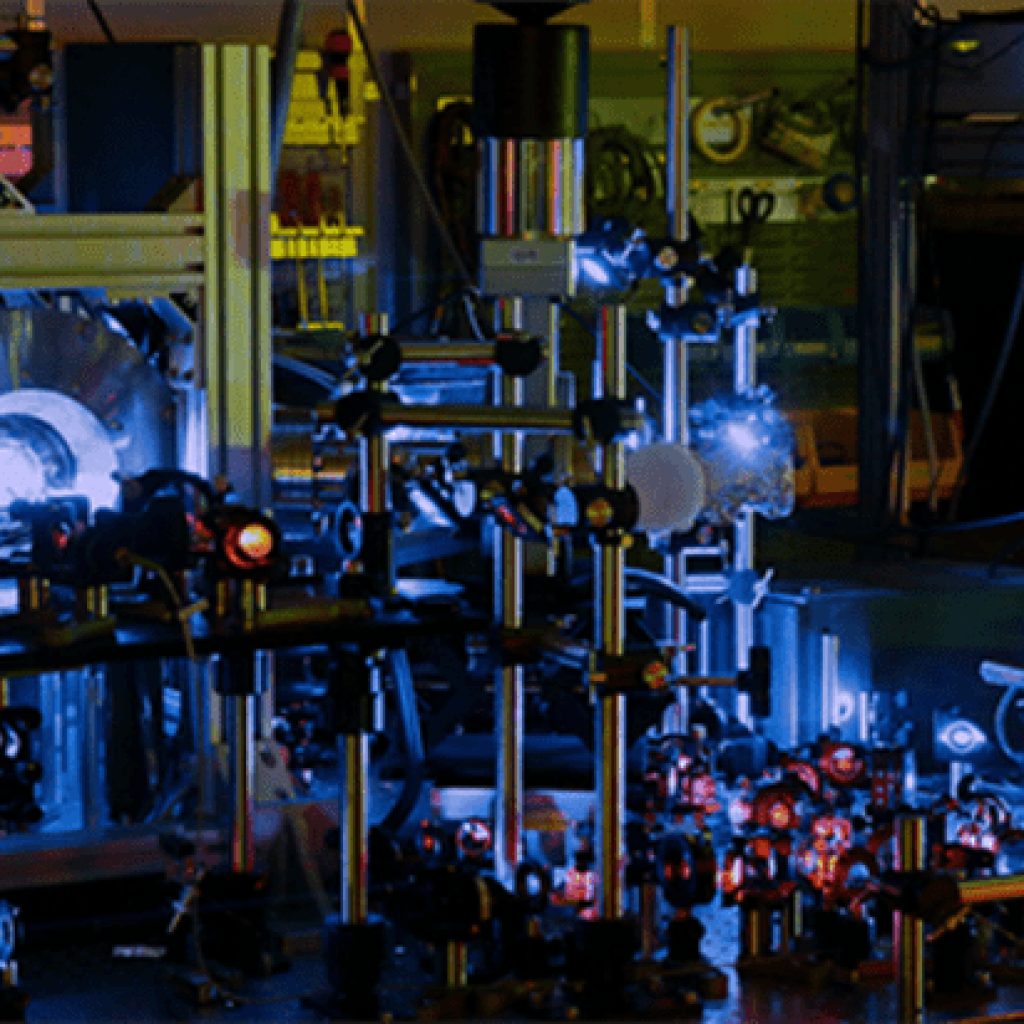In a recent announcement, the UK Research and Innovation (UKRI) has granted £45 million to support the development of quantum technologies. Among the notable recipients of this funding is the pioneering quantum computing company, Infleqtion. This substantial investment marks a significant milestone for Infleqtion and holds immense promise for advancing quantum computing. The UKRI’s decision recognizes the crucial role Infleqtion plays in driving quantum innovation and underscores the importance of quantum technologies in shaping the future of computing.
According to Infleqtion’s press release: “The funding will support the development of a new type of optical atomic clock that far exceeds the accuracy and reliability of current Global Navigation Satellite Systems (GNSS)-based systems.” As Infleqtion promises that their new atomic clock will be fifty times more accurate than the best commercially available atomic clock of the same size, this boost in accuracy may not only help navigation systems but could be used by other positioning and timing systems worldwide. “Infleqtion offers unrivaled expertise, with products and R&D efforts spanning the whole quantum ecosystem, including quantum computing, quantum sensing, and positioning, navigation, and timing (PNT),” said Scott Faris, CEO of Infleqtion in the press release. “With a strong foundation, a highly skilled team, and the support of Innovate UK, Infleqtion UK is well-positioned to drive innovation and deliver groundbreaking solutions that will transform the field of PNT and quantum-enabled systems.”
The UK’s View of Quantum Technology
The UK has been making concerted efforts to establish itself as a global leader in quantum technologies. The UKRI’s generous funding bolsters the nation’s quantum computing ecosystem, enabling companies like Infleqtion to push the boundaries of quantum innovation. By supporting companies at the forefront of quantum research and development, the UK positions itself as a hub for cutting-edge quantum technologies, attracting top talent and fostering collaboration among academia, industry, and government bodies. Will Drury, Executive Director, Digital and Technologies at Innovate UK said in the press release, “Our exceptional researchers, businesses and innovators are continuously pushing the boundaries of Quantum Technology development, placing the UK at the leading edge of this field. Together, through this support and investment, we will work in partnership to realize the potential of this technology for our UK economy and society.”
A Future of Collaboration Between Infleqtion and Others
The UKRI’s decision to award a portion of the £45 million to Infleqtion also encourages collaboration and knowledge exchange within the quantum computing community. Infleqtion will be able to collaborate with academic institutions, research organizations, and industry partners. Such collaborations facilitate the exchange of ideas and expertise and promote the development of a robust quantum ecosystem, driving the collective progress in quantum computing and its applications. As Infleqtion is already a leader in commercial atomic clock production, its collaborations with others will prove beneficial as it continues to push these time-keeping devices to new limits. “This project will deliver the UK’s first commercially available optical atomic clock which will provide a crucial layer of resilience across many national security applications,” said Dr. Timothy Ballance, General Manager of Infleqtion UK in the press release. “The funding will allow Infleqtion to advance its manufacturing capability in the UK for systems required to build a wide range of quantum-enabled products. Coupled with our engineering expertise, we are in an excellent position to lead the market in delivering next-generation commercial atomic clocks at scale.”
Kenna Hughes-Castleberry is a staff writer at Inside Quantum Technology and the Science Communicator at JILA (a partnership between the University of Colorado Boulder and NIST). Her writing beats include deep tech, quantum computing, and AI. Her work has been featured in Scientific American, New Scientist, Discover Magazine, Ars Technica, and more.
